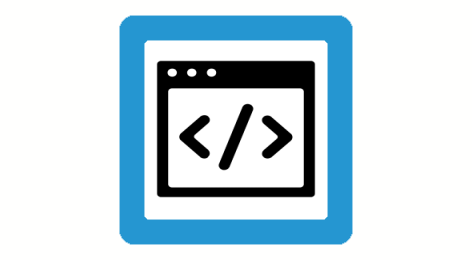2. Example of an AC machine
Example

AC machine (ID58)

With an AC machine, the linear axes are on the tool side and the rotary axes are on the workpiece side (as rotators in the tool table). If you imagine walking from the tool tip to the machine origin, the axes occur in this sequence
C, A, X, Y, Z
in this order. This is the axis sequence in the kinematic chain. However, it must be noted that the orientation vector must be multiplied by -1 for every axis that is located on the workpiece side. Here is a possible configuration of an AC machine:
Configuration of an AC machine
# Zero orientation of the tool
# Tool points in Z direction
kinematik[91].zero_orientation[0] 0
kinematik[91].zero_orientation[1] 0
kinematik[91].zero_orientation[2] 1
# Zero position of the tool
# Tool rests at point (12000, -3200, 500)
kinematik[91].zero_position[0] 12000
kinematik[91].zero_position[1] -3200
kinematik[91].zero_position[2] 500
# Define X axis (index 0)
kinematik[91].axis[0].type 1
kinematik[91].axis[0].orientation[0] 1
kinematik[91].axis[0].orientation[1] 0
kinematik[91].axis[0].orientation[2] 0
…
# Define Y axis (index 1)
kinematik[91].axis[1].type 1
kinematik[91].axis[0].orientation[0] 0
kinematik[91].axis[1].orientation[1] 1
kinematik[91].axis[1].orientation[2] 0
…
# Define Z axis (index 2)
kinematik[91].axis[2].type 1
kinematik[91].axis[0].orientation[0] 0
kinematik[91].axis[2].orientation[1] 0
kinematik[91].axis[2].orientation[2] 1
…
# define C axis (index 3)
kinematik[91].axis[3].type 2
kinematik[91].axis[0].orientation[0] 0
kinematik[91].axis[3].orientation[1] 0
kinematik[91].axis[3].orientation[2] -1 # inverted
…
# Define A axis (index 4)
kinematik[91].axis[4].type 2
kinematik[91].axis[4].orientation[0] -1 # inverted
kinematik[91].axis[4].orientation[1] 0
kinematik[91].axis[4].orientation[2] 0
…
# Sequence in kin. chain: CAXYZ
kinematik[91].chain[0] 3 # C axis
kinematik[91].chain[1] 4 # A axis
kinematik[91].chain[2] 0 # X axis
kinematik[91].chain[3] 1 # Y axis
kinematik[91].chain[4] 2 # Z axis